National Dialogue on the Rights of Persons with Disabilities to Address Challenges and Promote Inclusion and Innovative Approaches
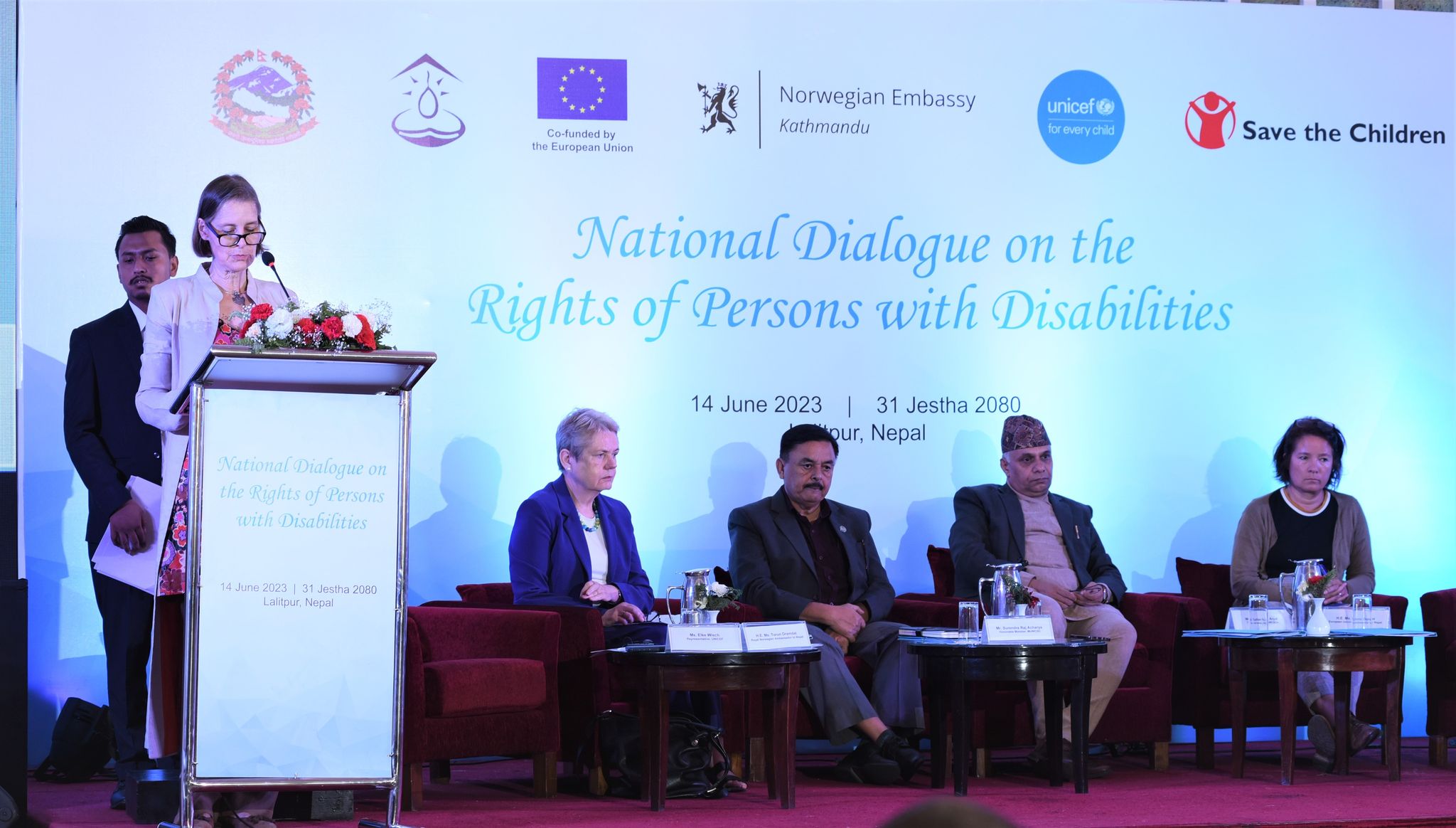
LALITPUR, June 16: The National Dialogue on the Rights of Persons with Disabilities was organized on the 14th of June by UNICEF in collaboration with the Government of Nepal, the National Disabled Fund, the Delegation of European Union to Nepal, the Royal Norwegian Embassy to Nepal, Save the Children, and various stakeholders. The Dialogue aimed to shed light on the situation of Persons with Disabilities (PwDs) and the challenges faced by them, particularly children. The dialogue also brought together relevant stakeholders to review and reflect on innovative programmes and practices and learn from each other.
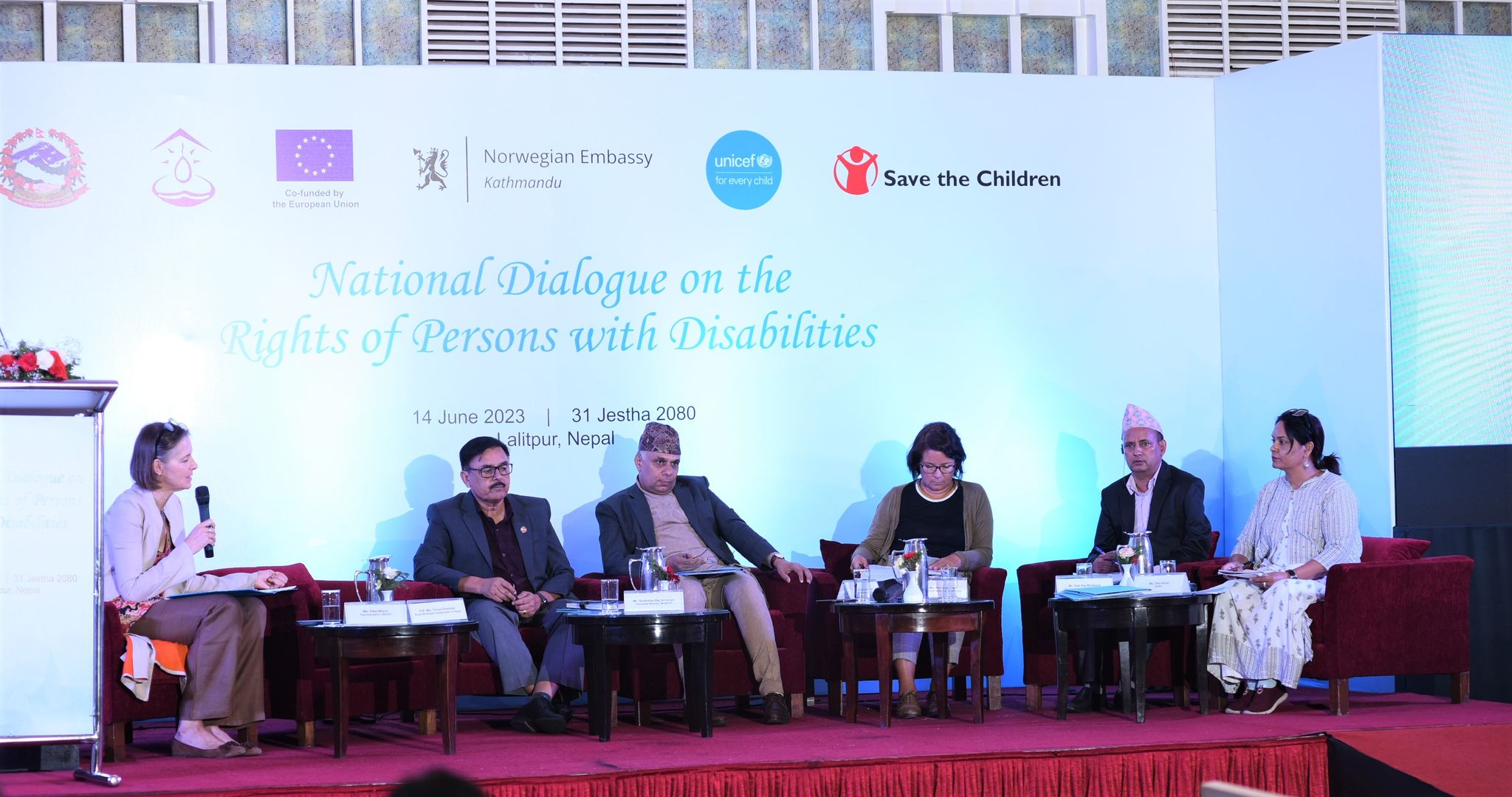
Nepal, as a signatory to the International Convention on the Rights of Persons with Disabilities (CRPD) and the Convention on the Rights of the Child (CRC), is committed to upholding the rights of persons with disabilities. Despite Nepal’s commitment to bringing CRPD into practice, the perpetuation of discrimination against persons with disabilities is a reality in Nepal. In fact, PwDs are going through various kinds of abuse, exploitation, neglect, and economic hardships. UNICEF has recognized the intersectionality of disabilities with gender, sexual orientation, ethnicity, socio-economic background, and geographical location, and has advocated for their equal treatment as other citizens.
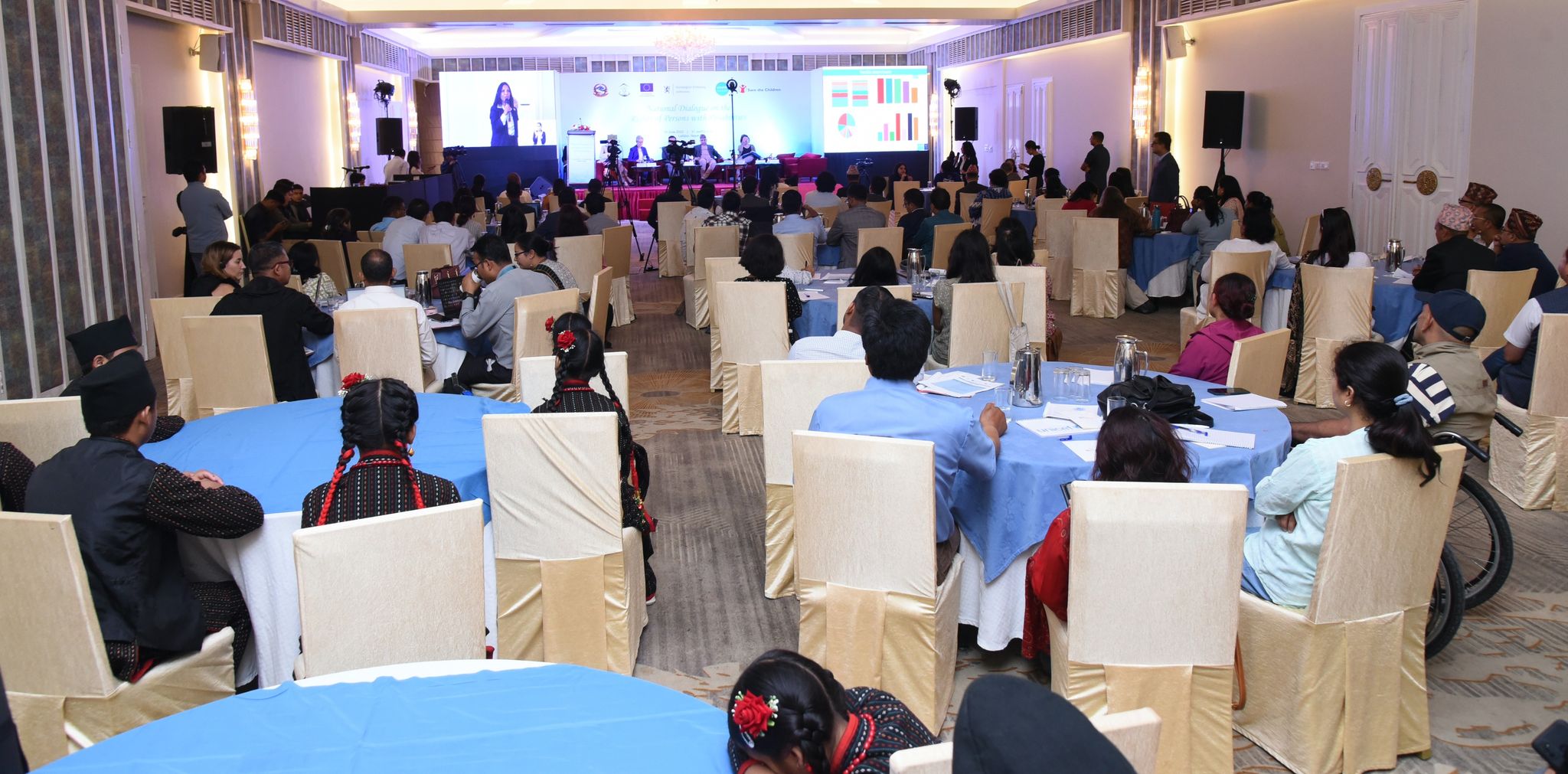
In 2019, UNICEF conducted the Multiple Indicator Cluster Survey (MICS) in collaboration with the Government of Nepal and the Norwegian Embassy to assess the prevalence of disability. The survey revealed that 13 percent of children aged 5 to 17 years in Nepal experience functional limitations, including depression and anxiety.
The conference included a panel discussion on the overall situation of persons, particularly children, with disabilities. This was followed by focused discussions on neurodevelopmental disabilities, including autism. The discussion on neurodevelopmental disabilities, including autism, focused on early detection, early intervention, alternative learning pathways, vocational support, and life planning. The discussion called for collaboration between government institutions, healthcare professionals, and parent organizations to support families for sustainable solutions.
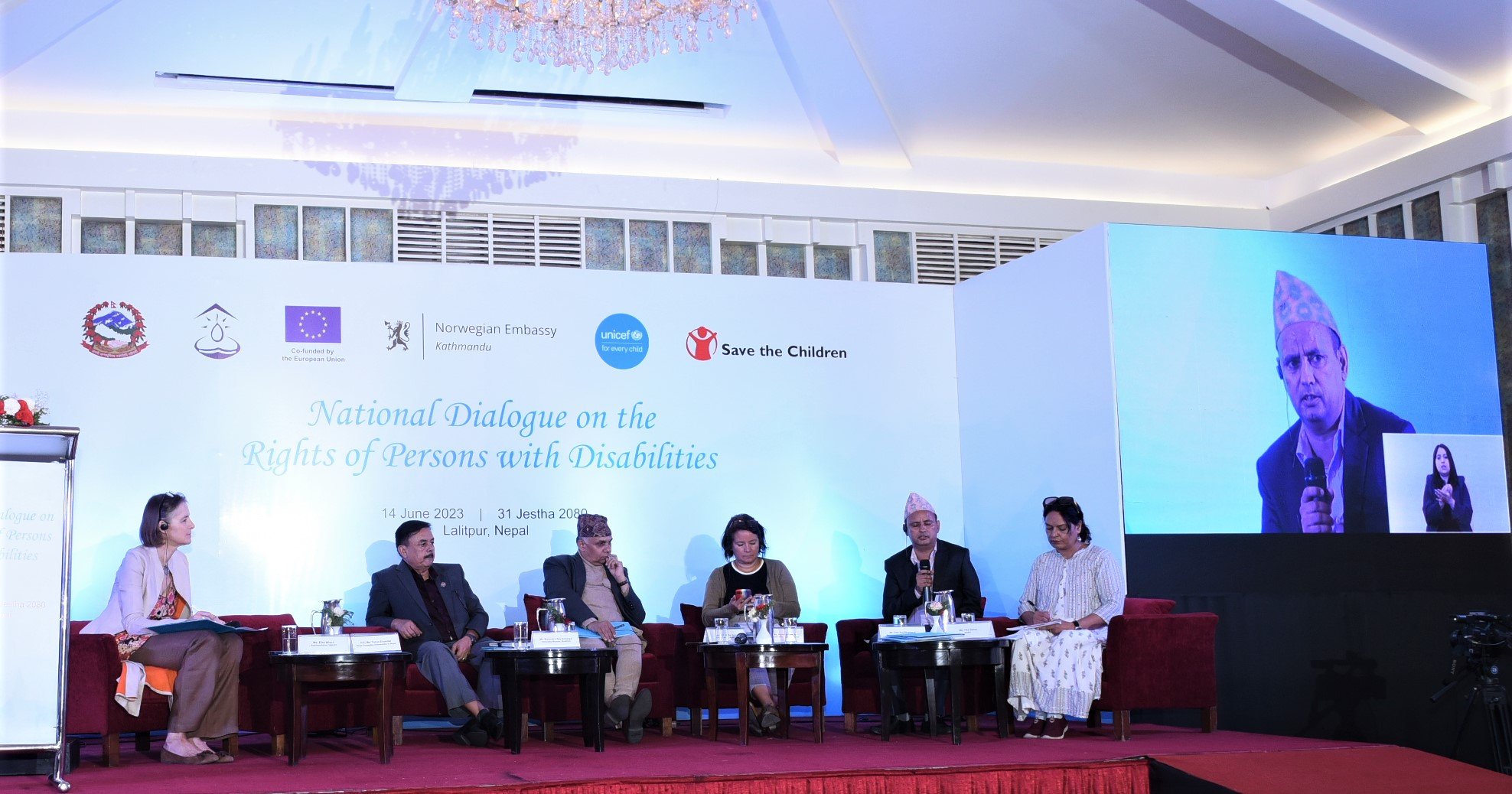
Finally, the event showcased innovation and best practices in the field. Among the innovative approaches highlighted during the dialogue included inclusive education initiatives, such as the development of an online platform for teachers with self-paced modules and Universal Design for Learning (UDL) activity banks. Additionally, a free open digital library (E-Pustakalaya) to support the inclusion of children with low vision and blindness was introduced, along with the integration of sign language videos and the development of Nepali braille software to enhance accessibility within existing online resources.
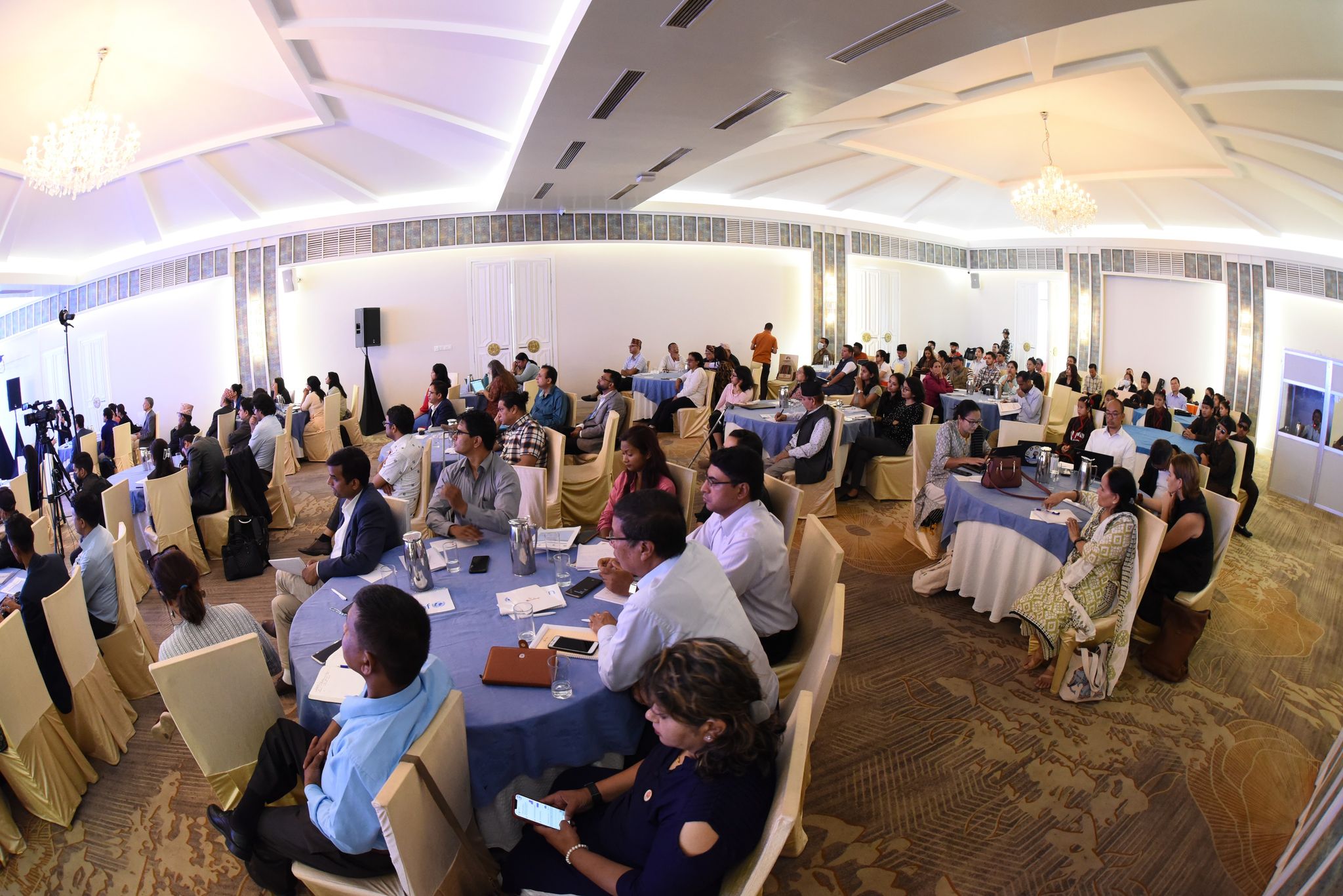
Another significant initiative discussed at the conference was the innovative model for disability screening and identification card issuance. This model incorporates enhanced indicators and checklists to assess the severity and barriers associated with disabilities and utilizes the Disability Management Information System (DMIS), a web-based application accessible on Android and iOS platforms, to streamline the disability identification process and maintain a comprehensive database.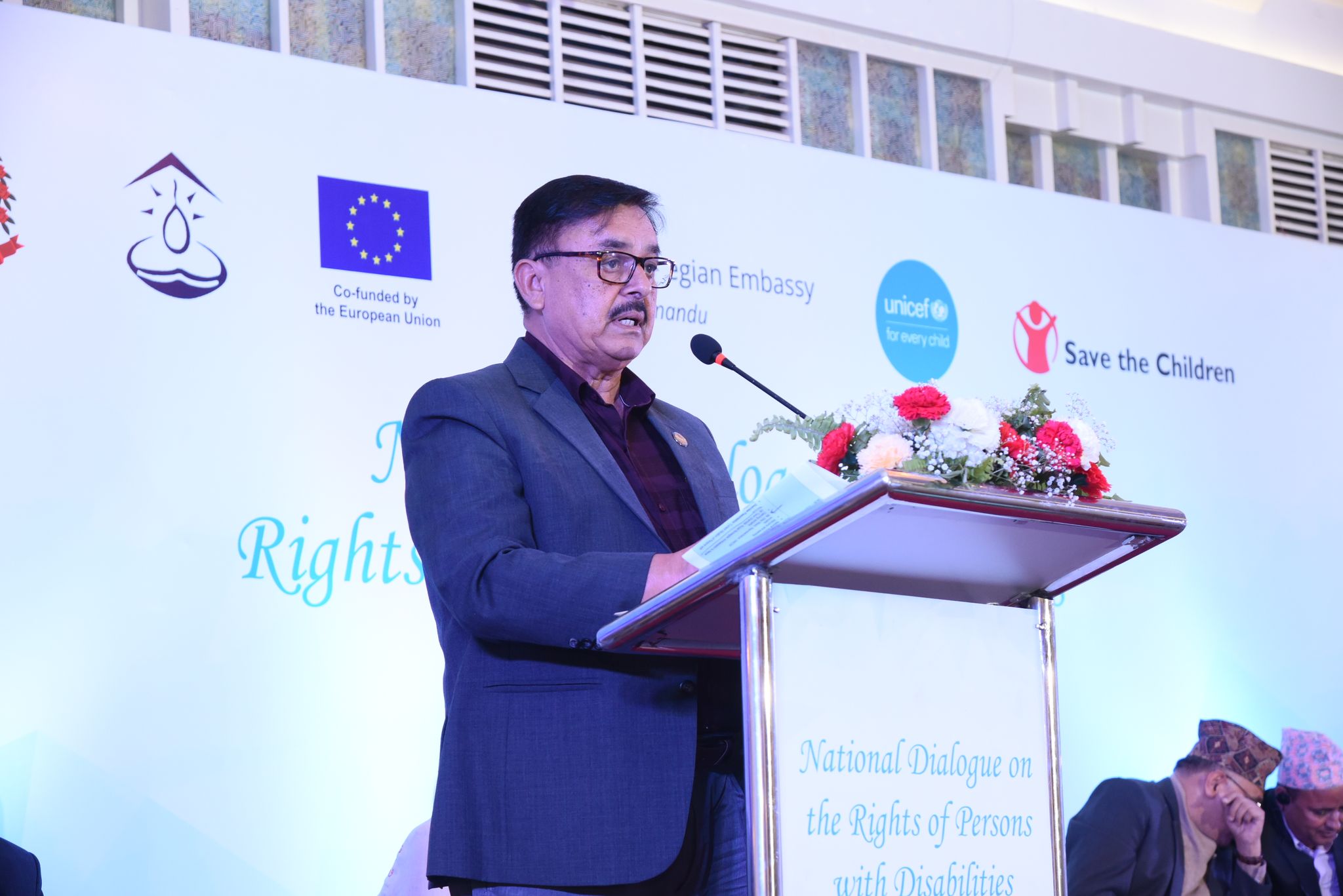
Furthermore, the conference emphasized the importance of accessible WASH (Water, Sanitation, and Hygiene) facilities in schools. UNICEF, in partnership with CBM Global and other stakeholders, successfully improved the accessibility status of WASH facilities in approximately 100 schools. The integration of accessibility features not only ensures equal opportunities for all children but also contributes to poverty reduction and community development.
The dialogue concluded with a call for mainstreaming persons with disabilities agenda in the development programmes and policies, and for collaboration, synergy, and innovation for the advancement of the situation of persons with disabilities.
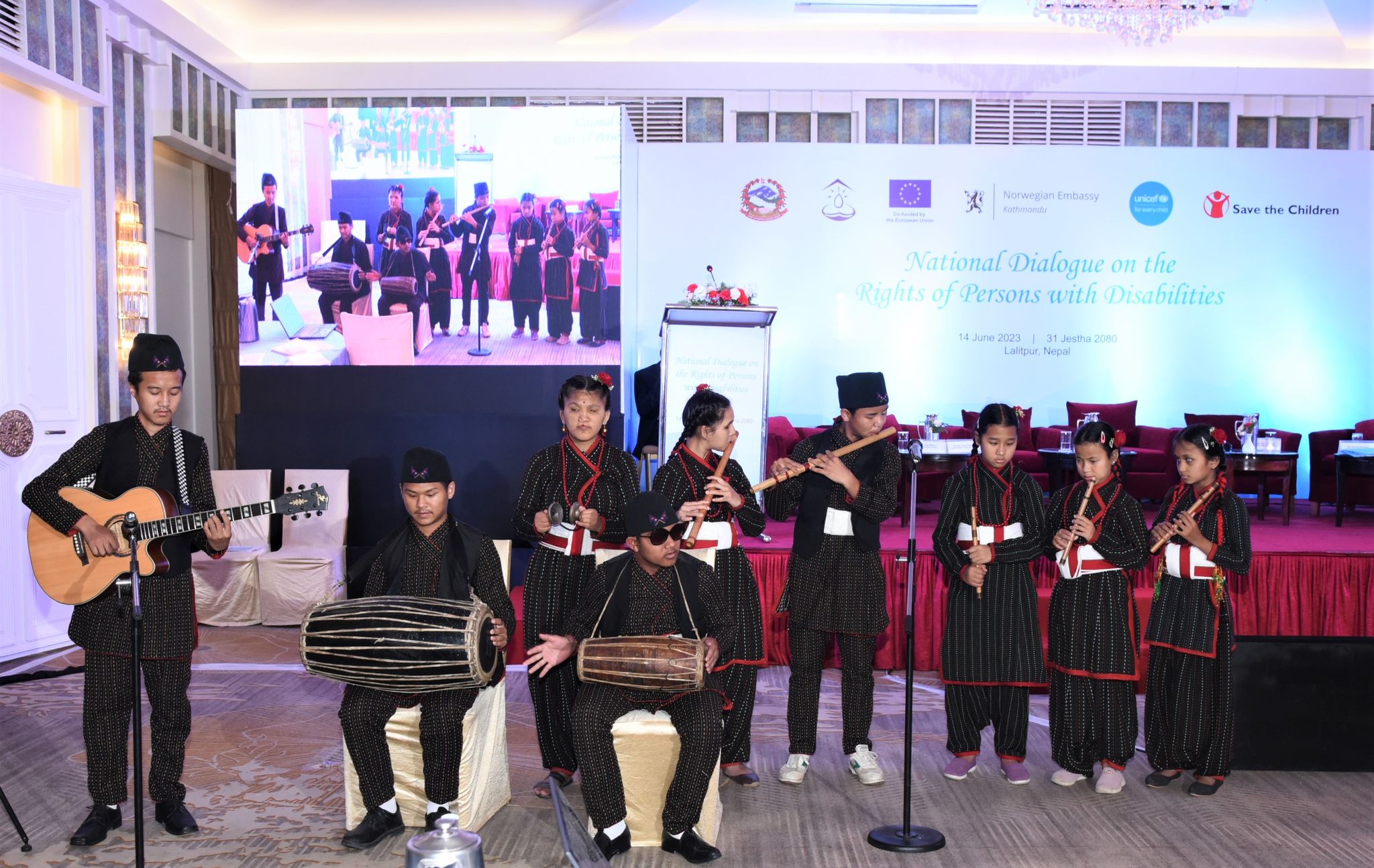


Leave Comment